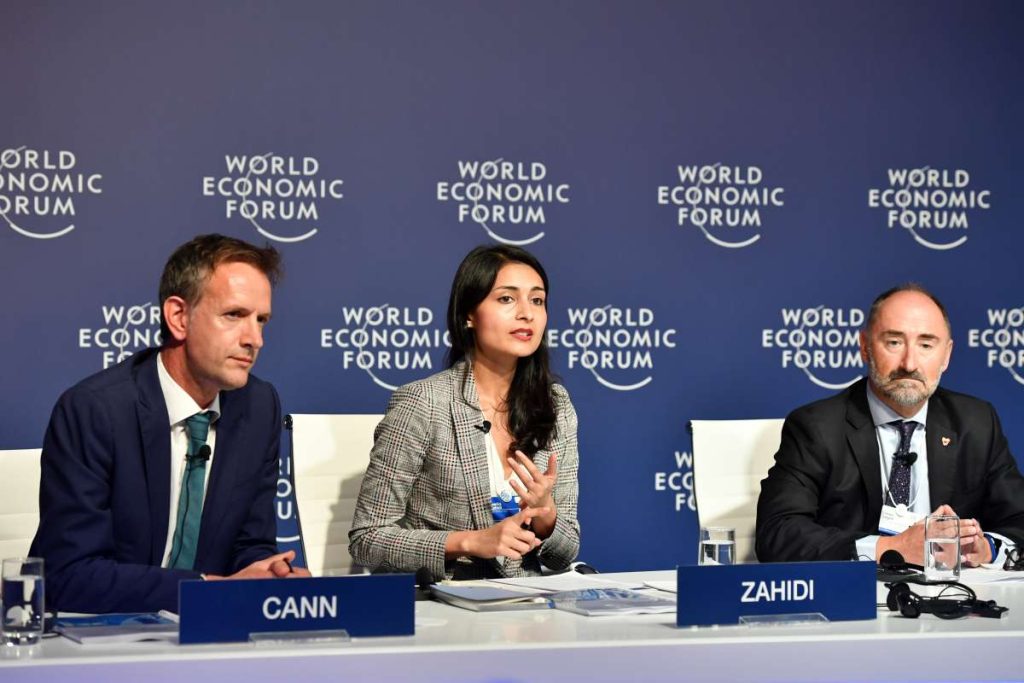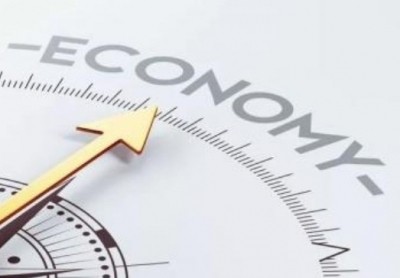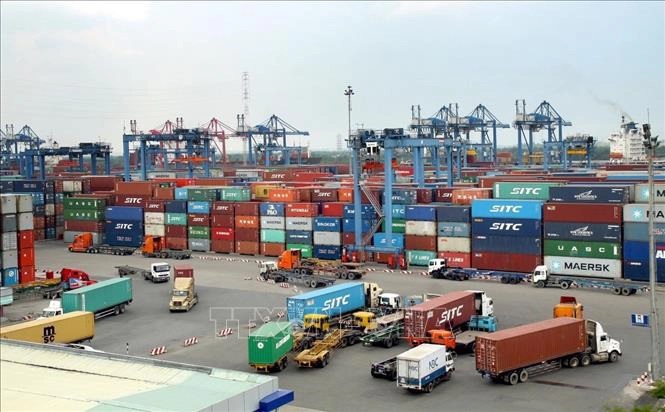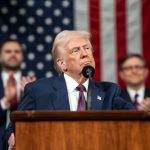More than half of the chief economists (56 per cent) expect the global economy to weaken this year, while 43 per cent foresee unchanged or stronger conditions…reports Asian Lite News
Global economic prospects remain subdued and fraught with uncertainty, the latest Chief Economists Outlook released on Monday said.
The predictions come as the global economy continues to grapple with headwinds from tight financial conditions, geopolitical rifts and rapid advances in Generative Artificial Intelligence (GenAI).
More than half of the chief economists (56 per cent) expect the global economy to weaken this year, while 43 per cent foresee unchanged or stronger conditions.
A majority also believes labour markets (77 per cent) and financial conditions (70 per cent) will loosen over the coming year.
Although the expectations for high inflation have been pared back in all regions, growth outlooks vary widely and no region is slated for very strong growth in 2024.
“The latest Chief Economists Outlook highlights the precarious nature of the current economic environment,” said Saadia Zahidi, Managing Director, World Economic Forum.
“Amid accelerating divergence, the resilience of the global economy will continue to be tested in the year ahead. Though global inflation is easing, growth is stalling, financial conditions remain tight, global tensions are deepening and inequalities are rising — highlighting the urgent need for global cooperation to build momentum for sustainable, inclusive economic growth,” the survey said.
The outlook for South Asia, East Asia and the Pacific remains positive and broadly unchanged compared to the last survey, with a strong majority (93 and 86 per cent respectively) expecting at least moderate growth in 2024.
China is an exception, with a smaller majority (69 per cent) expecting moderate growth as weak consumption, lower industrial production and property market concerns weigh on the prospects of a stronger rebound.

In Europe, the outlook has weakened significantly since the September 2023 survey, with the share of respondents expecting weak or very weak growth almost doubling to 77 per cent.
In the US, Middle East and North Africa, the outlook is weaker too, with about six in 10 respondents foreseeing moderate or stronger growth this year (down from 78 and 79 per cent respectively).
There is a notable uptick in growth expectations for Latin America and the Caribbean, sub-Saharan Africa and Central Asia, although the views remain for broadly moderate growth.
About seven in 10 chief economists expect the pace of geoeconomic fragmentation to accelerate this year, with a majority saying geopolitics will stoke volatility in the global economy (87 per cent) and stock markets (80 per cent), increase localisation (86 per cent), strengthen geoeconomic blocs (80 per cent) and widen the North-South divide (57 per cent) in the next three years.
As governments increasingly experiment with industrial policy tools, experts are nearly unanimous in expecting these policies to remain largely uncoordinated between countries.
While two-thirds of chief economists expect industrial policies to enable the emergence of new economic growth hotspots and vital new industries, a majority also warn of rising fiscal strains (79 per cent) and divergence between higher and lower-income economies (66 per cent).
ALSO READ: Indian Government Blocks Top Cryptocurrency Exchanges














